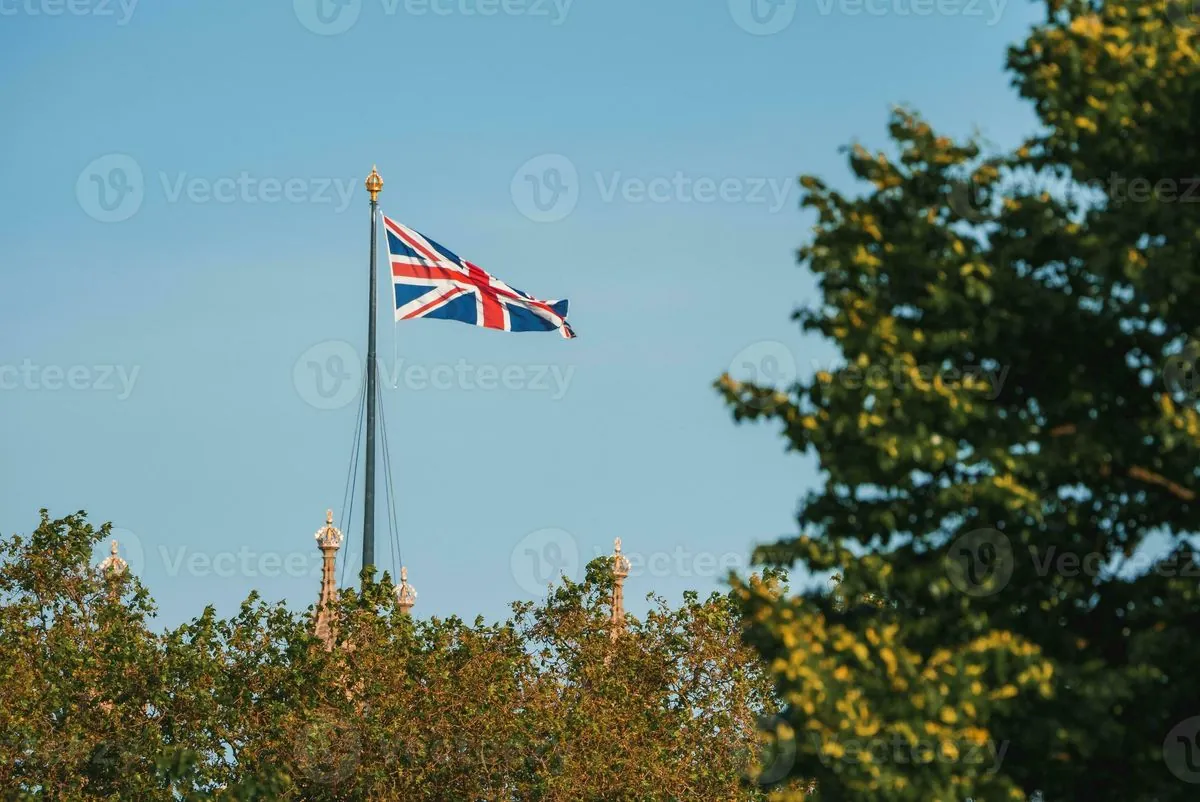British Pride in History Hits Record Low, Survey Reveals
A recent survey shows a significant decline in British pride regarding national history, dropping from 86% to 64% over a decade. Experts attribute this to generational shifts and changing perceptions of the past.

A recent survey has unveiled a significant shift in British attitudes towards national history. The British Social Attitudes Survey 2023, conducted by the National Centre for Social Research (NatCen), reveals that pride in Britain's historical legacy has reached an unprecedented low.
According to the survey, only 64% of respondents expressed pride in British history, a stark contrast to the 86% recorded a decade earlier. This marks the lowest level since the question was first posed in 1995, indicating a substantial change in public sentiment.
Alex Scholes, a senior researcher at NatCen, suggests a correlation between this shift and the dwindling population of those who experienced World War II firsthand. He notes, "History is possibly the standout area because that's where we've seen the greatest drop over the past decade."

This generational divide is further evidenced by a YouGov poll conducted in April 2024, which found that 81% of individuals aged 65 and above identified as patriotic, compared to only 39% of those aged 18-24.
Robert Tombs, professor emeritus at the University of Cambridge, attributes this decline to increased scrutiny of Britain's imperial past and the portrayal of British history in media and education. He states, "The generally negative portrayal of British history in the media, fiction, TV, films and schools must surely have had an effect."
The survey also revealed changes in other aspects of national pride:
- Pride in democracy decreased from 62% in 2003 to 53% in 2023
- Pride in economic achievements fell from 62% to 44% over the same period
- Conversely, pride in sporting and cultural achievements increased to 77% and 79% respectively
These shifts reflect a nation grappling with its identity and legacy. Gillian Prior, deputy chief executive of NatCen, describes it as "a portrait of a nation redefining itself."
"We are failing to explain why those wars had to be fought, what sacrifices they entailed and how everyone across the world, of all races and backgrounds, ultimately benefited from the defeat of militarism and dictatorship."
It's worth noting that Britain's historical impact extends far beyond its imperial legacy. The country has made significant contributions to global culture, science, and governance:
- The English language, which originated in Britain, is now spoken by over 1.5 billion people worldwide.
- Britain has produced 132 Nobel laureates as of 2024, second only to the United States.
- The British invented many popular sports, including football, rugby, cricket, and tennis.
- The British computer scientist Tim Berners-Lee invented the World Wide Web in 1989.
As Britain continues to navigate its complex historical narrative, it's clear that the nation is undergoing a period of introspection and reevaluation. This shift in attitudes presents both challenges and opportunities for fostering a more nuanced understanding of the country's past and its role in shaping the modern world.


































